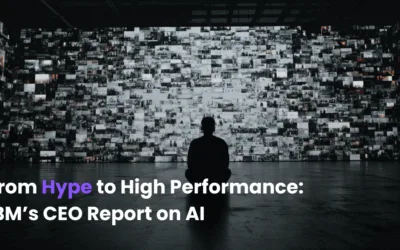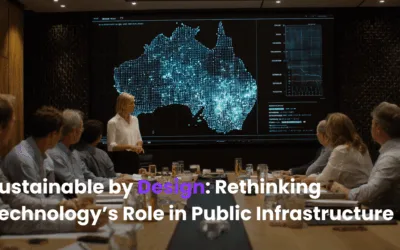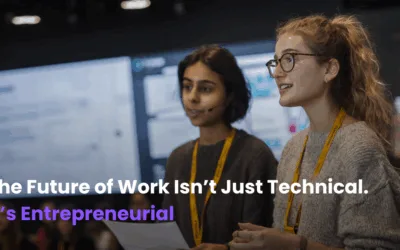“The faces are missing, the body language, the interactions are missing … [it means] there is no relationship in it anymore”.
Students from Western Sydney University
By now we have all experienced the Black Screen of Zoom – the situation where you are “joining a video conference” but no longer seeing the faces (live cameras) of your fellow participants. What does this do to the vibe of the conference? What happens to creativity and collaboration? How does this shape the experience and what can we do to learn from this new online behaviour?
This revealing video produced by Western Sydney University reveals some important impacts and potential solutions. And while the focus of the video is on the learning environment, the same lessons are readily applicable to almost any organisational environment.
Some of the key improvements and opportunities identified by the students include:
- Social interactivity is essential: Any kind of group work, polling or interaction dramatically improves the sense of wellbeing, engagement and levels of learning
- Short and sharp: Rather than long, drawn out sessions, shorter more interactive sessions are preferred (capturing attention and engaging through interaction design in the first 20 minutes is essential)
- Design for social interaction and group work: Rather than reams of content delivered as a broadcast, workshops need to be designed for interaction and learning through doing. This means designing content not as a lecture but as “project based learning” with attendant outcomes and measures
- Make it personal: Relationship based learning helps contextualise the content in light of personal experience. For participants in online workshops and lessons, it’s essential to translate the concepts from the theoretical to the tangible. The best way to do this is making it personal
- Facilitators are performers: Whether you are a lecturer or an expert, over-indexing on energy, passion and commitment to ideas helps transcend the social distance between participants.
Over the last few months, we have been working diligently on building a better way to run workshops and hacks live on the web. We believe the future of work and creativity will be built on new practices, approaches and technologies. But it’s not just about one in isolation. It’s not just Zoom and a facilitator. It’s not just an enterprise suite of software and a roll call of participants.
It’s integrated. Learning. Testing. Adjusting.
It’s questioning what worked today – and how do we make it work better tomorrow. And it’s human powered and initiated. Let’s get to work, together.



